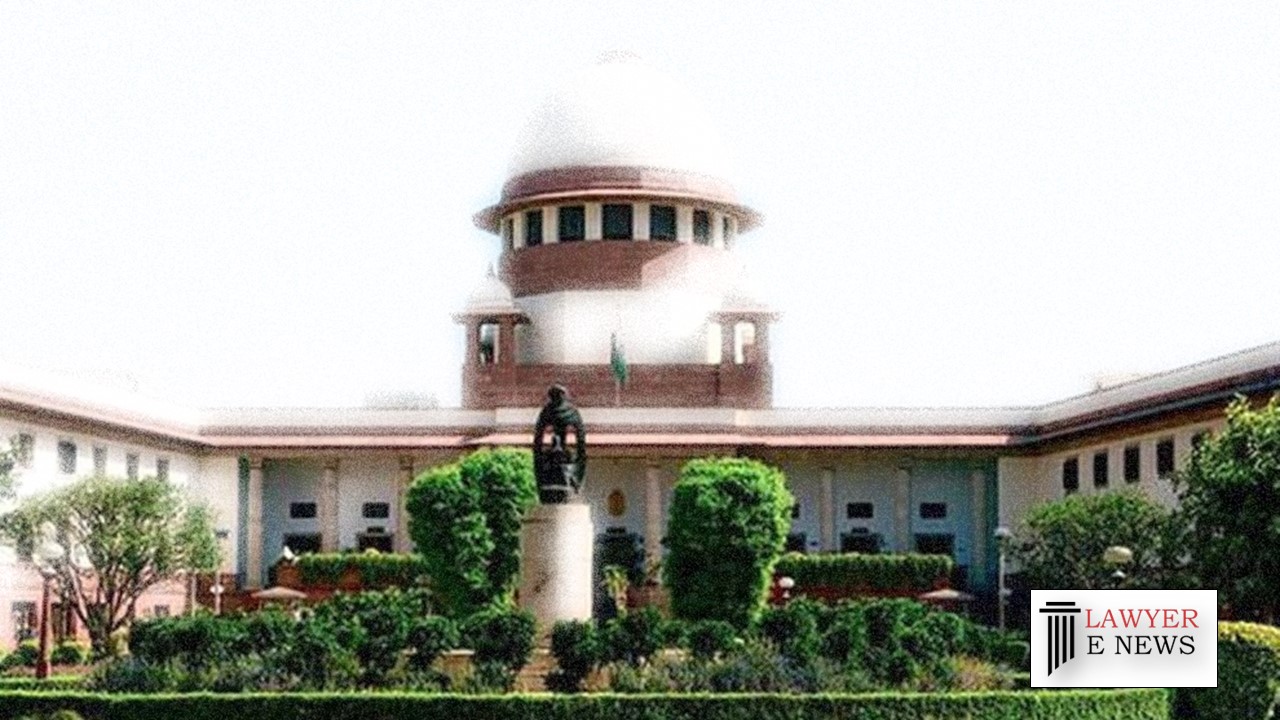-
by sayum
14 February 2026 2:22 PM



The State has no authority to alter the lists of Scheduled Castes," says Supreme Court
The Supreme Court of India has quashed the Bihar government's notification merging the "Tanti-Tantwa" caste with the "Pan/Sawasi" in the Scheduled Castes list, ruling that only the Parliament has the authority to make such changes. The judgment, delivered by a bench comprising Justices Vikram Nath and Prashant Kumar Mishra, emphasized the constitutional provisions under Article 341, which restricts states from altering the Presidential Order's Scheduled Castes list.
The appeals stemmed from a 2017 judgment by the Patna High Court, which upheld a Bihar government notification dated July 1, 2015. This notification sought to delete "Tanti-Tantwa" from the list of Extremely Backward Classes and merge it with the Scheduled Castes list under "Pan/Sawasi." The appellants challenged this on the grounds that such an amendment could only be made by Parliament, not the state government.
The Supreme Court outlined that Article 341 of the Constitution empowers only the President of India, in consultation with the respective state governor, to specify the castes, races, or tribes for Scheduled Castes status. Furthermore, any amendments to this list can only be made by Parliament. Justice Vikram Nath stated, "Neither the Central Government nor the President can make any amendments or changes to the notification issued under Clause-1 specifying the castes in relation to the states or Union territory."
The court criticized the Bihar government’s notification as a mala fide exercise of power, noting that it had previously requested the Central Government to include "Tanti-Tantwa" in the Scheduled Castes list in 2011, which was rejected based on the Registrar General of India's comments. Despite this, the state proceeded with the 2015 notification. The court found the state’s actions as a deliberate mischief to extend benefits to "Tanti-Tantwa" under the Scheduled Castes category illegally.
Justice Prashant Kumar Mishra emphasized the injustice done to the genuine Scheduled Castes members due to the state’s mischief. The judgment noted, "Depriving the members of the Scheduled Castes covered by the lists under Article 341 of the Constitution is a serious issue."
The court reiterated that the inclusion or exclusion of any caste, race, or tribe in the Scheduled Castes list must be through parliamentary law. The bench highlighted, "Whether synonymous or not, any inclusion or exclusion of any caste, race, or tribe or part of or group within the castes, races or tribes has to be, by law made by the Parliament, and not by any other mode or manner."
Justice Vikram Nath remarked, "The State may be justified in deleting 'Tanti-Tantwa' from the Extremely Backward Classes list on the recommendation of the State Backward Commission, but beyond that to merge 'Tanti-Tantwa' with 'Pan, Sawasi, Panr' under Entry 20 of the list of Scheduled Castes was nothing short of mala fide exercise."
The Supreme Court's ruling underscores the strict constitutional boundaries governing the alteration of Scheduled Castes lists. By quashing the Bihar government’s notification, the court reinforced the Parliament's exclusive authority in such matters, ensuring the protection of genuine Scheduled Castes members' rights. The judgment mandates the return of posts filled by "Tanti-Tantwa" members to the Scheduled Castes quota and accommodates these members under their original category of Extremely Backward Classes, highlighting a balanced approach to rectifying the state’s overreach.
Date of Decision: July 15, 2024
Dr. Bhim Rao Ambedkar Vichar Manch Bihar, Patna vs. The State of Bihar & Ors.
